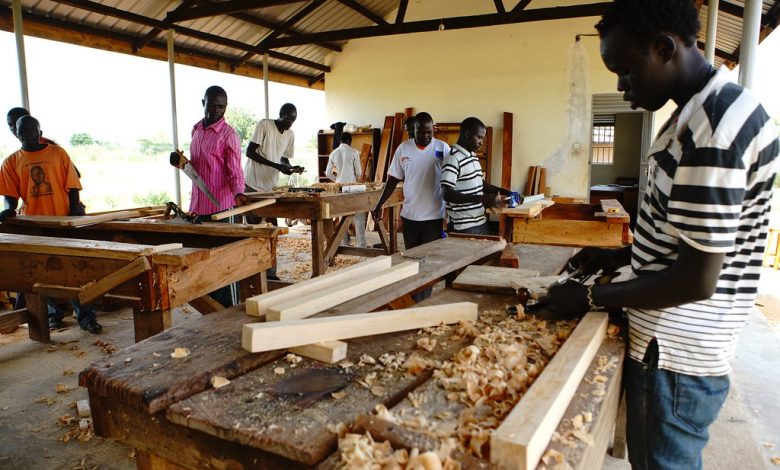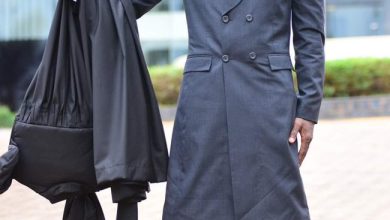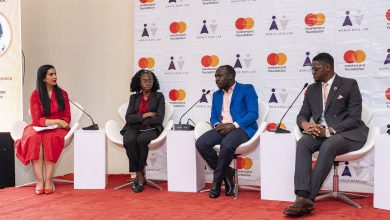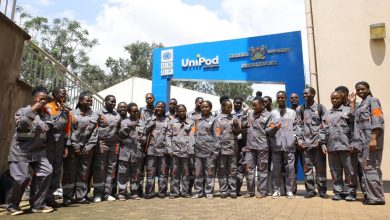
Youths to benefit from Shs 26 bn skilling project
In a bid to stimulate job creation, the Z-Zurich Foundation has donated € 7 million to the Junior Achievement Uganda Project. The money is equivalent to Shs 26 billion.
The multimillion partnership will allow Junior Achievement Uganda to spread its operations to other countries such as Burkina Faso, DRC, Togo, Sierra Leone.
In Uganda, over 10,000 youth will benefit from services such as mentorship and linking Ugandan youth with global employers.
The money is expected to support creative youth to undertake several productive ventures to employ other young people.
There is a lot of support required to translate local challenges into global business opportunities.
Many young Ugandans are entrepreneurial by nature but are limited in their ability to overcome challenges like access to cheap finance and lack of innovation.
According to the National Planning Authority (NPA), Uganda graduates over 30,000 youth annually, yet only one in 10 finds a formal job.
Therefore, youths have been urged to be innovative and to create jobs.
Solomon Odong, the CEO of Tumaini and Boris Mugisha, a co-founder of Tubayo travel app, and several other beneficiaries of the Junior Achievement Uganda Initiative were in attendance as the non-government organisation announced a multi-million cash injection from the Z-Zurich foundation.
In the cases of Odong and Mugisha, self-employment has allowed them to employ others.
Odong said the Z Zurich Foundation money will help him expand his businesses further.
“I want to concentrate on technology because that is where the world is going. Every business must find a way of incorporating technology into its systems,” he said.
Mugisha said he will use the project to recruit more personnel.
“Business has been slow because of Covid-19 but now it is picking up. I need more personnel to help me handle orders,” he said.
The partnership will support creation of an African centred curriculum to help build the problem solving and design thinking muscles of participants so they can understand the complex issues around them and design sustainable solutions.



